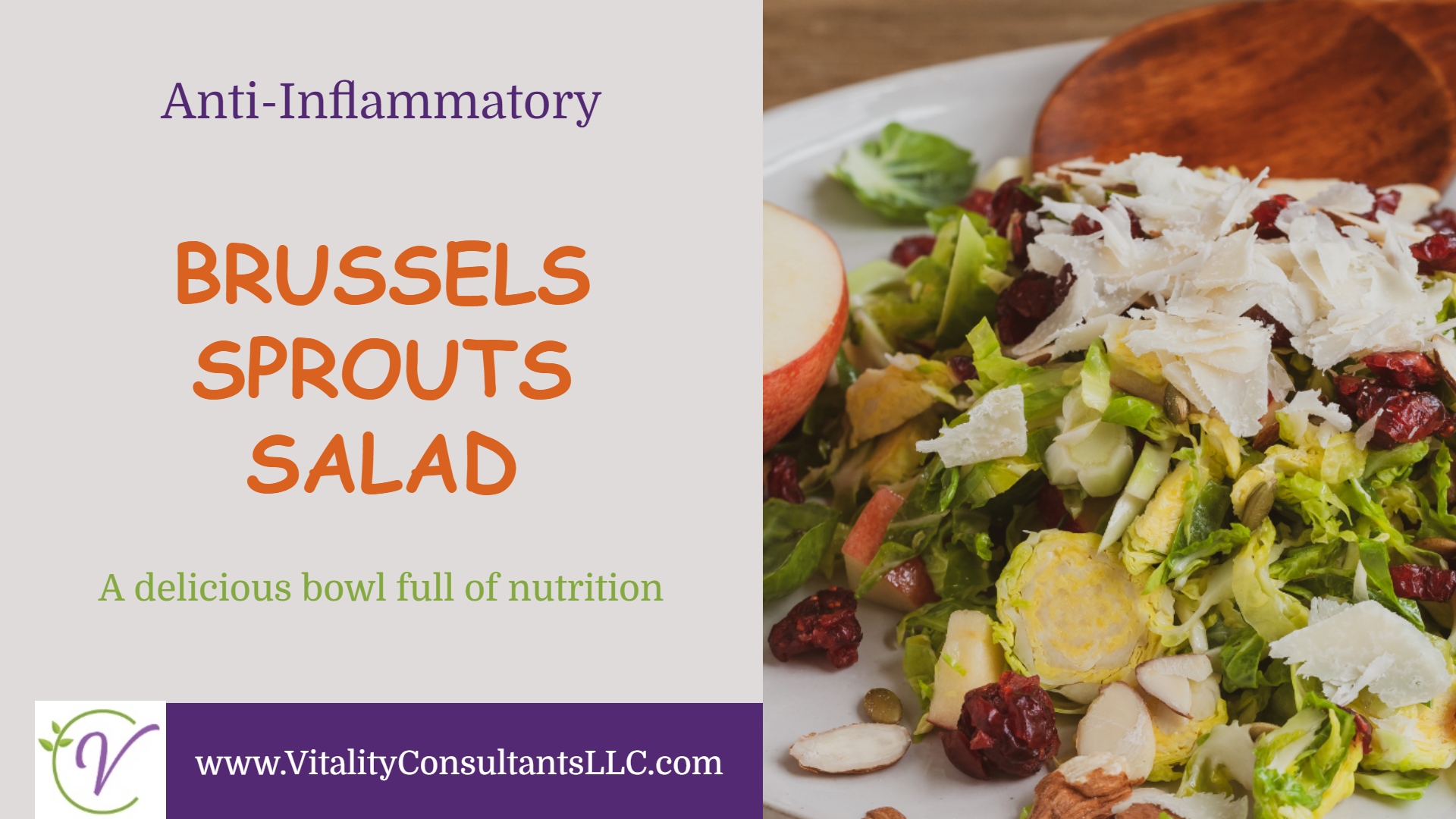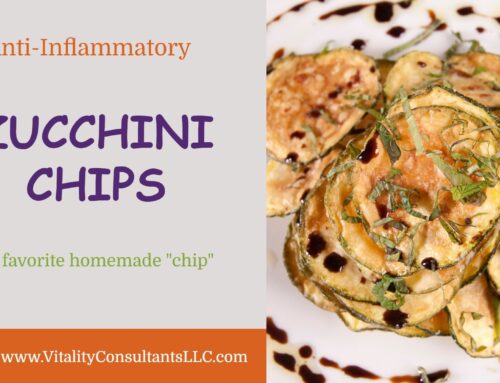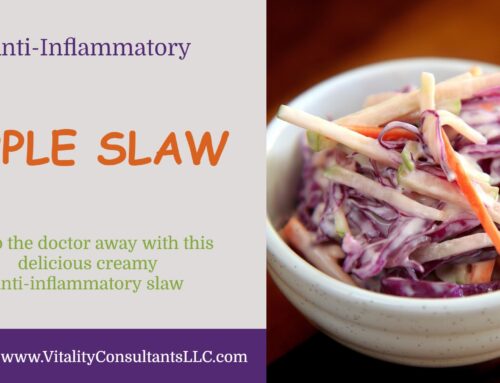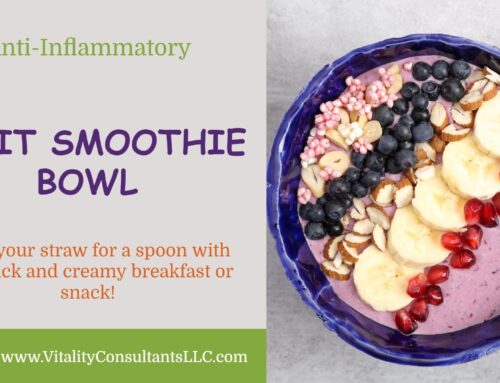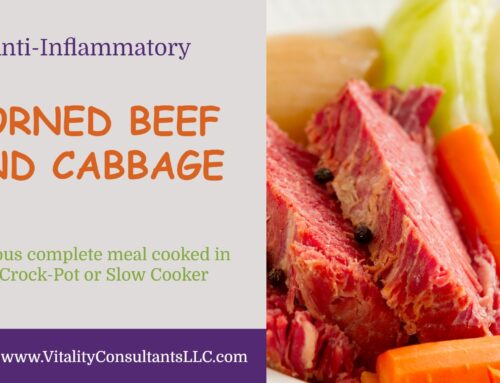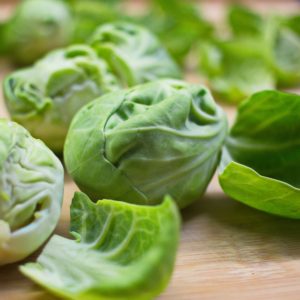 Brussels sprouts were first grown in Belgium and are named after their history of being cultivated there. As part of the cruciferous vegetable family, Brussels sprouts’ cousins include cauliflower, kale, broccoli, cabbage, mustard greens, collard greens and bok choy. The small round-shaped vegetable resembles mini cabbages and are typically cut, cleaned and cooked to make a nutritious side dish or main course.
Brussels sprouts were first grown in Belgium and are named after their history of being cultivated there. As part of the cruciferous vegetable family, Brussels sprouts’ cousins include cauliflower, kale, broccoli, cabbage, mustard greens, collard greens and bok choy. The small round-shaped vegetable resembles mini cabbages and are typically cut, cleaned and cooked to make a nutritious side dish or main course.
Brussels sprouts are nutrient powerhouses, providing a range of vitamins, minerals, antioxidants and some bonus plant protein.
Here are some reasons to incorporate them into your meals:
- Brussels sprouts contain compounds and are high in antioxidants that may help decrease inflammation.
- Brussels sprouts are low in calories but high in many nutrients, especially vitamin C, vitamin K and fiber.
- Brussels sprouts are high in antioxidants, which help prevent cell damage in your body.
- Brussels sprouts are high in fiber, promoting regularity, supporting digestive health, and reducing the risk of heart disease and diabetes.
- The fiber in Brussels sprouts may help keep your blood sugar levels stable.
- Brussels sprouts are a good source of omega-3 fatty acids, which may play a role in the health of your brain, heart, immune system, and other parts of your body.
- Brussels sprouts are also a great source of calcium, which is essential for bone strength and growth.
How to Prepare Brussels Sprouts
Look for bright green Brussels sprouts. Be wary of any black spots or yellow leaves. These are signs of decay. Once you bring them home, Brussels sprouts will last a week or two in the refrigerator. Any longer than that, and they may start to smell.
Rinse your sprouts well to remove any dirt. Slice off the bottom and remove any outer, wilted leaves
before cooking.
Toss Brussels sprouts with olive oil and roast them until browned or steam them in a pot with a few inches of water. They’re also delicious sautéed. You can add raw, shaved Brussels sprouts to soups and salads.
Don’t boil your Brussels sprouts, because it wipes out many of the veggie’s nutrients and can lead to the mushy, bitter taste many people dislike.
Try this simple, delicious anti-inflammatory recipe made with Brussels sprouts!
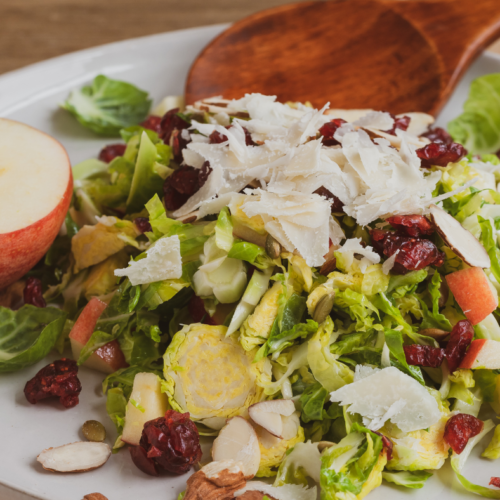
Brussels Sprout Salad
Ingredients
- ¼ cup olive oil
- 3 Tbsp red wine vinegar
- 2 Tbsp minced shallot
- 2 tsp Dijon mustard
- 2 tsp honey
- salt and pepper to taste
- 1 lb Brussels sprouts trimmed and sliced or shaved
- 8 oz red cabbage, shredded or your favorite lettuce
- 1 apple diced
- ⅓ cup shredded parmesan chees or crumbled feta optional
- ½ cup pecan halves
- ½ cup dried cranberries or pomegranate arils
- 4 slices bacon cooked and crumbled
- 2 Tbsp chopped fresh parsley
Instructions
- In a large bowl, whisk together first 5 ingredients until well combined; season with salt and pepper.
- Add remaining ingredients and toss to combine. Serve immediately.
Notes
Want free anti-inflammatory recipes, downloadable resources and efficiency tips and tricks from a professional chef? Of course, you do! Click here for the secret sauce!


